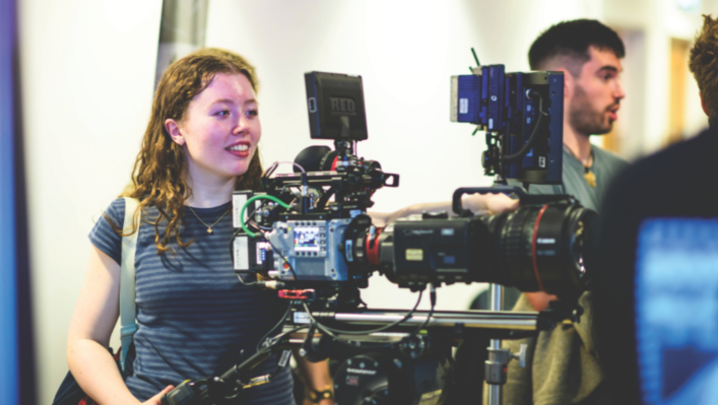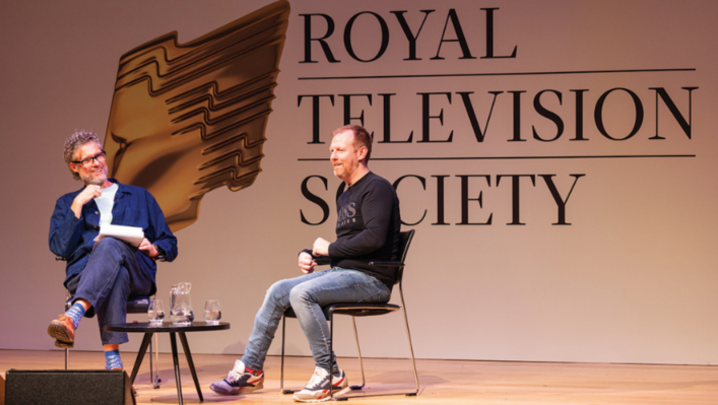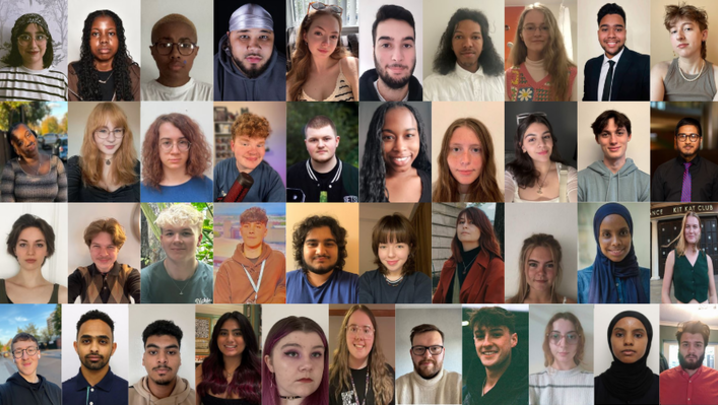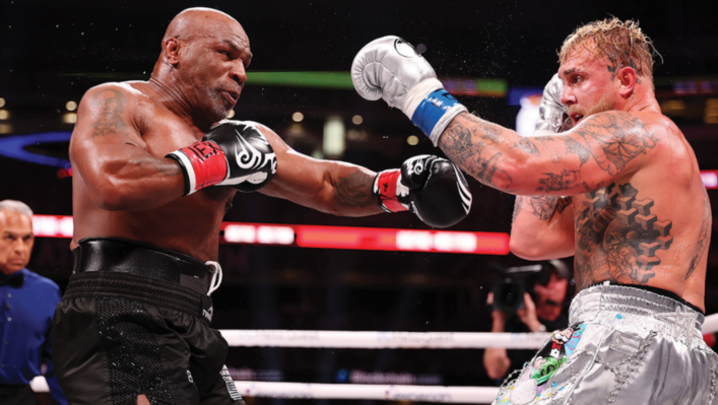When you are talking to a woman as successful as the former president of a key division of Liberty Global, a multi-millionaire who has driven the expansion of cable television and telephony across the world, and who is now firmly in the ranks of Britain’s great and good, it is hard to prosecute the case that sexism has held her back.
Miranda Curtis, however, has no compunction in saying she has encountered it, not least in Japan, where she struck one of telephony’s deals of the century without – for fear of frightening the locals – ever being named as chair of the company on whose behalf she was negotiating.
Somehow, she turned the curse of being, as she puts it, “female, foreign and fortysomething” (which is painfully young in Japanese business years, rather than over the hill), to her benefit.
“A Japanese colleague,” she tells me over coffee in a London business centre, “said to me one night after we’d had quite a lot of sake, ‘Miranda-san, you have to understand that, to us, all western men look exactly the same, particularly Americans: square jaw, blue eyes, same shirts. At least we can remember which one you are.’”
Here, however, few people would recognise the neat, blonde, composed yet forthright woman, now a youthful 61, who is talking to me. There are reasons for this. Liberty Global, chaired by the low-key John Malone (go on, tell me you could pick him out in a line-up of American tycoons), does not court publicity.
Its role in British cable has – as Curtis will explain to me in a bewildering summary of acquisitions and renamings – been huge but was only really noticed by customers when it reacquired Virgin Media in 2013.
Privacy is also part of Curtis’s style. When she tells me that Vanity Fair has recently brought Malone back from its “hall of fame” into the main body of its annual power list because, at 75, he is still such a “player”, I ask if she is on any list.
“No. Not the power list. Nor the gay power list.”
Would she want to be? “No. Not interested.” She is not in Who’s Who, I notice. “Not in Who’s Who, not on Wikipedia, nothing. It suits me fine.”
Why? Why doesn’t she want to shout about what she’s done, and as a gay woman? “I just fly under the radar. It’s the way I always was. It’s very effective. I get on with my life and do interesting things and meet interesting people. I don’t feel the need for it.” This, it turns out, is only the second full-blown press interview she has ever given in Britain. But we should not mistake reticence for bashfulness. Curtis knows her worth. Early on, she tells me she is “the grandmother of the British cable industry”, having written some of the original cable franchise applications that created what is now Virgin Media. Of her work in Japan, she calls it “the most successful investment Liberty Global has ever made”.
She joined the Malone empire in 1992 and, although she left the staff six years ago, she remains on Liberty Global’s board. Malone has been loyal to her, and she is a loyalist back.
I ask her about the recent acquisition by the sister company, Liberty Media, of Formula One. She says that “John” has always invested in content, as well as distribution, and “it’s an increasingly porous industry”.
He seems, I suggest, to be looking forward to President Trump loosening the rules for the US cable industry and, by doing so, opening the way for some big mergers.
“I think one of John’s great strengths is that he’s never got involved in politics, at all, directly,” she responds. “Is he, by nature, on the Republican libertarian end of the spectrum? Absolutely. Is he an economic liberal? Absolutely.”
And then there is Liberty Global’s CEO, Mike Fries, quoted at Davos, worrying that Brexit may lead to less investment in the UK (although not from Liberty).
Liberty Global, she points out, was a major supporter of the Remain campaign, after “a very interesting debate around the board table, where many individuals would probably instinctively have been Brexit supporters”.
So the company favours the “consistent European media and telecoms regulation policy” it helped shape. Its $4bn investment in British cable is safe: “In the years that we didn’t own the company, there was no investment in network construction. So what we’re doing now in the UK is bringing Virgin Media back up to the standards of some of our other networks in Europe.”
But some Virgin employees feel that, under its new owners, it has lost its old Bransonian spirit, I venture. “It’s got a Liberty spirit, instead,” she says firmly.
She was raised in a home full of the spirit of inquiry. Her father was editor of the liberal-minded News Chronicle, her mother, a sub-editor on The Sunday Graphic. Miranda was three when they split up, but she continued to see her father, who, by then, was working for the Aga Khan and was pleased to introduce her to travel in both Europe and Africa.
“In the later years, I simply became a senior, genderless, hierarchical construct. It was a very comfortable place to be.”
Her mother reinforced the internationalism by sending her and twin sister Julie (now a Russian literature don at Oxford) to the Lycée Français in London. The result was that, when they had something to conceal from their mother, they’d say it in French.
After studying Spanish at Durham University, Curtis took a graduate traineeship at the BBC. In those days, linguists tended to head there or the Foreign Office.
She found a role subtitling and dubbing foreign programmes, but it only lasted a year. Rather than accept a secretarial job, she applied for a position in BBC Enterprises selling BBC programmes abroad.
Aged 25, with no training, she found herself travelling to the US to implement a new North American distribution contract and sell shows such as Life on Earth. She became commercial manager for the BBC Micro computer initiative and the BBC Domesday Project.
Deciding that she needed a business education, she enrolled at London Business School. To pay off the fees, she joined Robert Maxwell’s CD-Rom publishing house and then United Cable, where her great adventure in cable began.
Out in Denver, John Malone was as interested as she was in a country starting a cable industry from scratch, and not just for TV but for telephony. He was interested in Curtis, too, and flew her over in May 1992 to appoint her as the first development director of what was then TCI International.
“He said, ‘There is the planet. Go and tell me what we can do.’ And that was my job description. We divided the planet into three. I had Asia, Pacific and Continental Europe. That was my patch. And for the next 12 years – a bit more than that ‑ I didn’t have an employment contract, I didn’t have a job description, I never had an appraisal. I worked my way up the ranks and I could bring back anything I wanted in distribution, content and technology, joint ventures, directions, partnerships.”
She was flying from her base in Denver to Europe and Singapore. She bought content, but wholesale through companies such as Discovery, never imposing her will on programmes.
Between 1991 and 2002, Malone owned UK cable franchises and then he moved out. There was a setback in Germany. So it was in Japan that glory awaited her, once its government relaxed ownership rules.
To begin with, the male Japanese board she headed in all but title at the cable business J:Com would go behind her back to Malone to ask if she could really have meant what she said. Yes, she did, he always told them.
“In the later years, I simply became a senior, genderless, hierarchical construct. It was a very comfortable place to be.”
For a year, she nursed KDDI, the second-largest wireless operator in Japan, as a potential buyer for Global’s 37.8% stake in J:Com, unsure if it would finally bid. In December 2009, KDDI asked for a meeting with Mike Fries. With unheard-of directness, they said they wanted to buy.
On 24 January, the sale was announced, the fastest deal in Japanese corporate history. Liberty got a premium of 60% on the share price. With a few concurrent exits, Liberty was handed $14bn, on a total investment over the years of less than $1bn.
Wasn’t the trouble with this that she had negotiated herself, aged 54, out of a job that paid her over £1m a year?
“Well, I did, exactly. So, at that point, I thought, ‘Crikey’, but I also definitely needed to get off a plane. At that stage, I was in BA’s all-time top flyers. I’m still BA all-time top female passenger. I’ve just had my 16th black card.”
Had all that flying, all that work, contributed to the end of her civil partnership, I ask. “I think that’s a personal question I’m not prepared to discuss. I think the point is that, actually, I was spending at least two weeks of the month on a farm [her second home near Woodstock]. There was quite a lot of time where, actually, I could live a completely normal existence.”
In Denver, Malone asked her to take early retirement – which she could afford to do having made her own money from the J:Com sale – but remain in the “family”, as a non-executive board member.
Now began a different sort of life; on the board of Marks & Spencer: chairing, until last July, Waterstones; directorships at the RSC and Garsington Opera. She is also on the board of the Institute for Government, an influential think tank that examines the machinery of government (she was “stunned” to find that each department had a separate way of measuring its performance).In addition, she chairs the African girls’ education charity Camfed, which, she says, in five years has educated more than 2 million children.
What I cannot tell, because I don’t understand the business mind, is whether she would have been as brilliant in any other business. She says she has always been interested in communication technologies and communicating between different cultures. There is a synergy there.
I ask if Liberty’s old slogan, “Connect, discover, be free” – recently replaced by “Investing, innovating and empowering” – spoke to her, especially. “They are,” she says, “useful slogans around which to rally executive teams.”
Well, I say, in any case, congratulations. She never expected to go into business, and she made an absolute fortune. “I hope,” she responds, “that I’ve created an absolute fortune.”
No doubt about that, either.
The Curtis Chronicles
Miranda Curtis, board member of Liberty Global, Marks & Spencer, RSC, Garsington Opera and the Institute for Government.
- Born 26 November 1955; brought up in London with two brothers and one twin sister
- Father Michael Curtis, editor of the News Chronicle and later executive aide to the Aga Khan
- Mother Barbara Gough, sub-editor
- Single But previously in a civil partnership
- Lives Central London (where she cannot get Virgin cable) and Oxfordshire (ditto)
- Education Lycée Français, London; Durham University (read Spanish)
1977 BBC graduate trainee
1978 Joins BBC Enterprises, followed by a spell at Robert Maxwell-owned tech company Pergamon Compact Solutions
1988 Joins United Cable, which later becomes TCI
1992 International development director for Europe and Asia, TCI International
1996 Executive vice-president, Liberty Media International Holdings
2005 President, Liberty Global Japan Division
2010 Completes sale of Liberty Global’s Japanese assets
2010 Takes early retirement, joins Liberty Global board
2011 Chair of Waterstones after its sale to Alexander Mamut
2012 Joins board of Marks & Spencer
Watching Unforgotten on catch-up
Reading Barkskins by Annie Proulx (‘not yet convinced’)
Expertise ‘Cultural management – which is unusual’
Hobby Scuba diving







